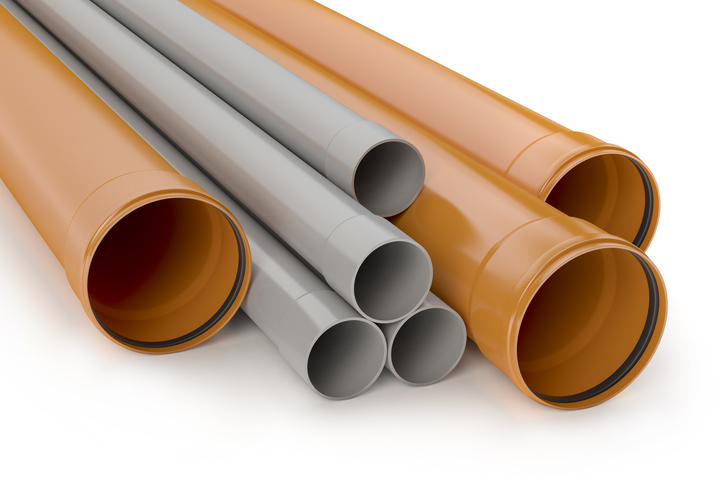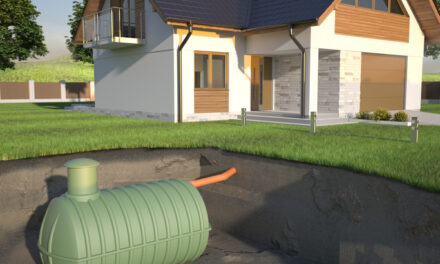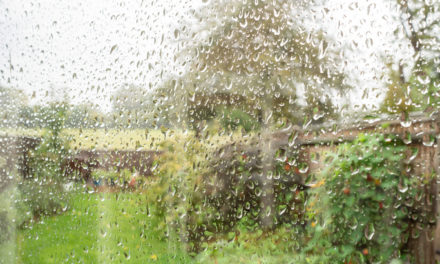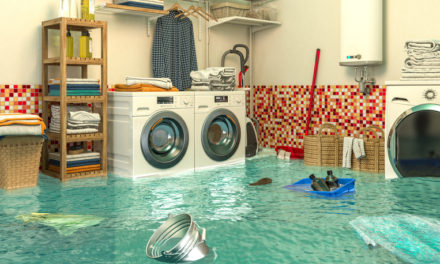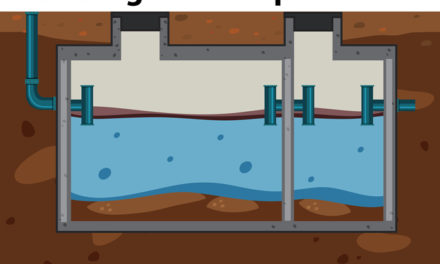Sewer pipes are made of a few different materials, and each kind of pipe has its pros and cons. If you are putting in a new sewer system–or even replacing a pipe or two, it’s important to know which pipe materials are best for your space and budget. Most modern homes have plastic pipes, but homes built before 1950 tend to have pipes made of different kinds of metal, such as copper and cast-iron. Understanding about the different sewer pipe materials will enable you to make the most informed decisions about what kinds of pipes to replace or put in.
Cast Iron Pipes
Cast iron is a strong metal that is useful in sewer pipes because it is significantly less likely to crack or burst, as it can withstand enormous amounts of pressure. That’s why, even though it is more common in old homes, you may find it in newer homes, too. The biggest con of cast iron sewer pipes is that they tend to rust. If you have rusted cast iron pipes, you can replace them with PVC pipes.
Orangeburg Pipes
Orangeburg pipes originated during the second World War, when metals usually used for sewer pipes were instead used for the war movement. Needing to get creative, a new pipe material was created in Orangeburg, NY. The material was touted as being non-corrosive, but it has a major downfall–it collapses after about 50 years of use. It’s made up of a wood pulp mixture that can only withstand the typical flow of sewer water for a few decades before it starts to break down. You will likely not find Orangeburg sewer pipes in many homes anymore, but you never know. If you learn that your structure does have Orangeburg sewer pipes, it may behoove you to replace them before you end up with a sewer disaster.
Clay Pipes
Clay pipes have been used long ago and are still used today because they are strong and resistant to chemical degradation. They are heavy and unlikely to shift underground. However, their porous material makes them more susceptible to tree root invasion, so it’s extra important to make sure clay pipes are not installed too close to any trees.
Plastic Pipes
Plastic pipes come in two forms–PVC and ABS. PVC stands for polyvinyl chloride, which is an inexpensive material that doesn’t corrode or erode. ABS pipes are similar to PVC, but they don’t contain any BPA. The smooth inside of plastic pipes allows for a perfect water flow without interruption, and they aren’t susceptible to leaks. Plastic piping is also easily installed in connection to clay or cast iron pipes, which makes them able to easily replace damaged sections of metal pipes without having to replace the entire thing.
No matter what kind of pipes you have or need, the professionals at A&L Cesspool can help you with all your sewer pipe needs. We use video inspection tools to get a good look at the condition of your pipes and whether they need to be repaired or replaced. Contact us whenever you have a question about your sewer pipe materials!


